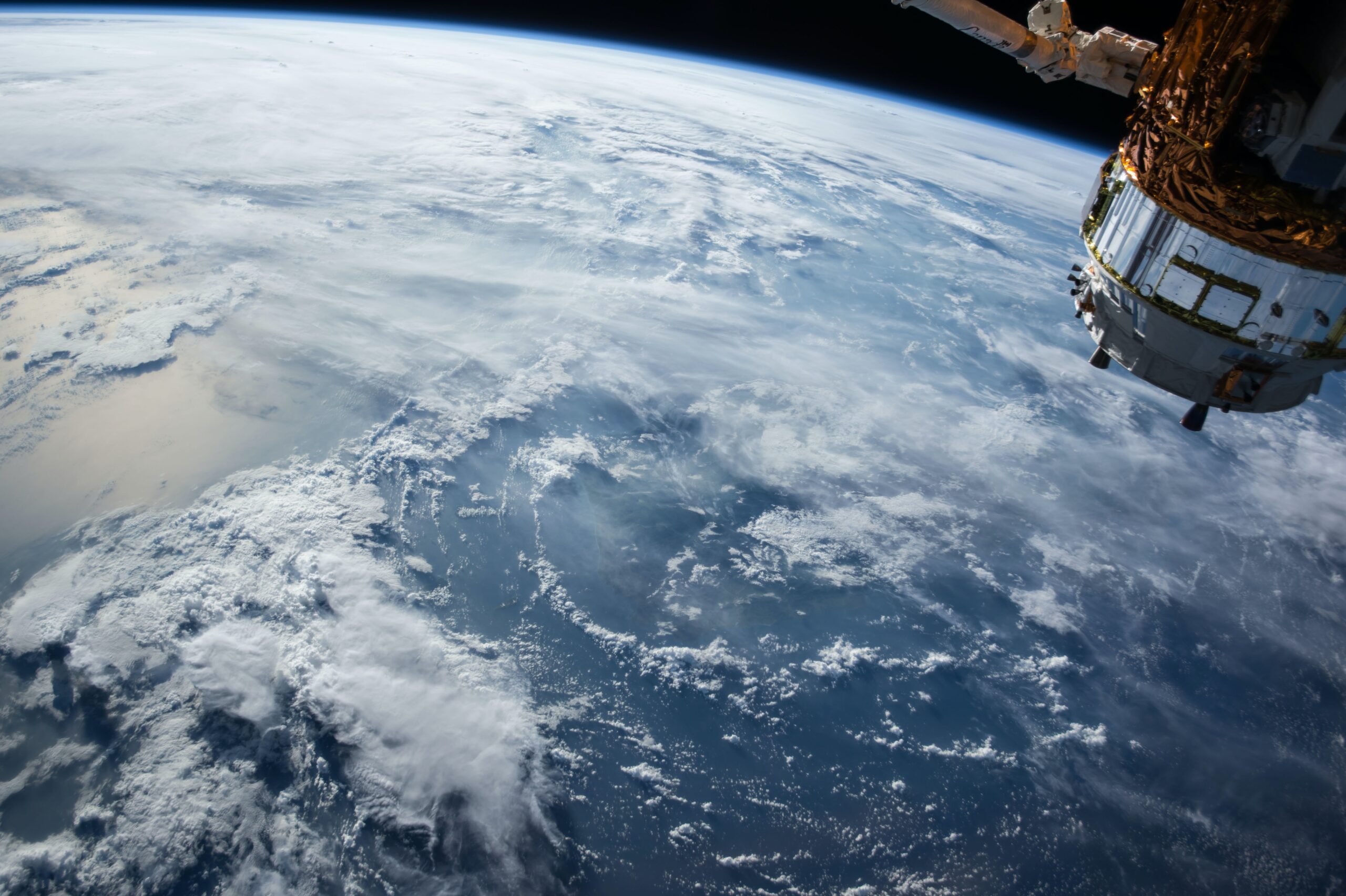Outer Space Law: Lack of Regulation at the International Level Poses a Risk to Future Space Activity
5th Aug 2022
EDITORS’ NOTE: In this second article examining the lag in space law behind the reality of today’s commercial and governmental use of that environment, the international aspects of this problem come under the microscope. The editors would like to thank Rachael O’Grady of Mayer Brown International LLP for the insight she shares with us here on such matters.
In response to the evolution of the commercial space industry, governments from space-faring nations across the globe have worked persistently to create the necessary laws and legal safeguards to enable the sector to prosper. This has meant putting in place mechanisms at a domestic level both to regulate, on the one hand, and to protect, on the other hand, commercial entities and individuals operating in the space industry. So far, this has worked well – as reflected by the eruption of human activity in space over the past decades without significant issue.
The pace of mankind’s extra-terrestrial activity is not slowing. This pace, of course, should be encouraged – space-derived technologies are now an integral part of our everyday existence, and new breakthroughs are bound to benefit us all. But while, until now, the domestic laws of various countries have kept space faring operators in check, the more advances that are made and the greater the level of activity in space, the more stretched these national laws and regulations will become. This is because a point will, eventually, be reached when governments will simply not be able to regulate certain space activities without running the risk of putting themselves in breach of international law.
International space law concerns the overarching legal framework that governs and regulates nation States themselves – in contrast to the laws passed, in turn, by individual States, to govern the activities of their citizens. While the evolution in outer space activity over the past few decades has been mirrored by the passing of national legislation in numerous countries, international space law remains in long-overdue need of reform. Indeed, as mentioned in our previous article, the Outer Space Treaty (“OST”), and the other Space Treaties linked to it, were put in place when many of mankind’s current space endeavours could not even have been imagined. It is for this reason that, inevitably, international space law is problematic from the perspective of the modern space age. This is the case in three principal respects:
Filling in Gaps in Space Law
International space law contains gaps. Many of today’s extra-terrestrial endeavours are simply not covered by, or do not fall within the scope of, the Space Treaties. Until now, these gaps have not mattered, as no activity has existed which would have fallen within them – but this has changed, and it is continuing to do so. For example, no rules exist at the international level to regulate the creation of space waste, and only very limited rules exist to govern liability in space. As businesses come to have an increasing physical presence in orbit, both of these holes in the international legal regime will eventually need filling in order to de-risk future space missions and generate investor confidence. Such regulation must come into play on the international plane in order to have any meaningful effect; unless all States are bound at the international level, there would be limited value in any unitary domestic legislation on such matters.
Space Law and Commercialisation
As the commercial space industry has developed, many of the provisions which do exist in the text of the Space Treaties simply do not accord with the realities of the modern space age. For example, private commercial entities operating in space would presumably not like the fact that any ‘stations, installations, equipment and space vehicles’ which private operators deploy ‘on the Moon and other celestial bodies‘ must remain open to inspection at all times by representatives of other State Parties. In an industry which lends itself to confidentiality and trade secrets, this is unlikely to be an appealing prospect. Of more gravity (for space mining companies at least) is a provision in the OST prohibiting ownership of space resources. While this safeguard was necessary when the Space Treaties were signed, in the midst of the Cold War, it is only inevitable that in time, as Earth’s resources decline and mining technologies develop, outer space will provide a natural and obvious alternative source of supply for many metals and minerals. Rules need to be enacted to properly govern the extraction and exploitation of such resources if an extra-terrestrial gold rush is to be avoided.
Preventing fragmentation
International space law has become subject to numerous and varying interpretations, motivated by different commercial and political agendas. Taking the example mentioned above, Article II of the OST states that “Outer space, including the Moon and other celestial bodies, is not subject to national appropriation by claim of sovereignty, by means of use or occupation, or by any other means.” While many have taken this to mean, strictly, that it is not possible to own resources mined in space, others have argued, more liberally, that “national appropriation” does not extend to private companies or individuals and that this prohibition only applies in a territorial sense and does not cover mineral extraction. The juxtaposition between these two interpretations, at polar opposite ends of the spectrum to each other, demonstrates that clarity is needed to prevent what could otherwise become an extremely problematic scenario in the future. Some States have already attempted to deal with this specific issue by themselves; there are several examples of governments having passed unilateral domestic laws affirming that their citizens will be entitled to keep and/or exploit any resources which they are able to successfully procure from space. Such unilateral legislating in itself presents a further problem; with no clarity at the international level, there is a danger that increasing numbers of nation States will simply go ahead and pass their own laws on issues of international concern, based on their own diverging interpretations of the Space Treaties. This will result in the global fragmentation of space law at the domestic level, which is unlikely to be helpful in the long run and which will almost certainly make ultimate international consensus – arguably the only meaningful way forward – impossible.
In brief
International space law needs updating. While States have to date coped with this by putting in place their own regulations, this is not a long-term solution, and certainly not a cohesive one. Doing business in space is already high risk on many levels. If it possible to make the monumental technological advances that have been achieved in recent years, it should also be possible – and it is indeed necessary – to make similar breakthroughs at the legal level.





Thank you for your comment! It will be visible on the site after moderation.